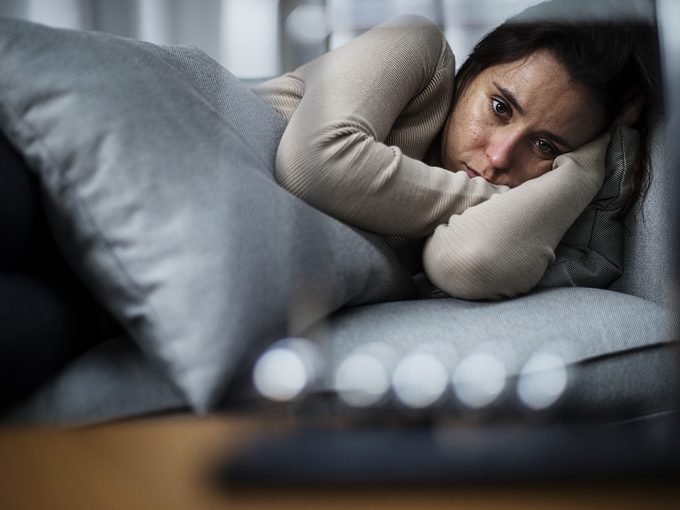The Surprising Depression Risk That’s Right on Your Face
Acne at any age is upsetting, but new research suggests it can push people into clinical depression. Here’s what you need to know about your risk.

There are clear signs your acne requires medical treatment
A primary one is that your self-image is taking a beating. Don’t dismiss your feelings: A new study suggests that acne can lead to crippling depression, and the risk is highest in the first year after acne has been diagnosed.
Published in The British Journal of Dermatology, the new research drew on data from nearly 1.9 million men and women over a 15-year period. (They were all part of The Health Improvement Network, a large primary care database in the United Kingdom, according to a press release.) The researchers compared the mental health of more than 134,000 people with acne to that of 1.7 million people who were blemish-free. After accounting for behaviors that can contribute to crippling depression — things like smoking, drinking, weight, and income — the researchers discovered that the likelihood of developing major depression jumped by 63 per cent in the year following an acne diagnosis, and it remained elevated for up to five years when compared to people who didn’t have acne.
7 Sneaky Reasons You’re Having an Acne Breakout
The lead author, Isabelle A. Vallerand, PhD, an epidemiologist at the University of Calgary, told the New York Times: “It appears that acne is a lot more than just skin deep. It can have a substantial impact on overall mental health.” She believes the link needs to be taken seriously. Health-care providers should track the mood of acne patients and be ready to address signs depression — or consult with a mental health professional.




